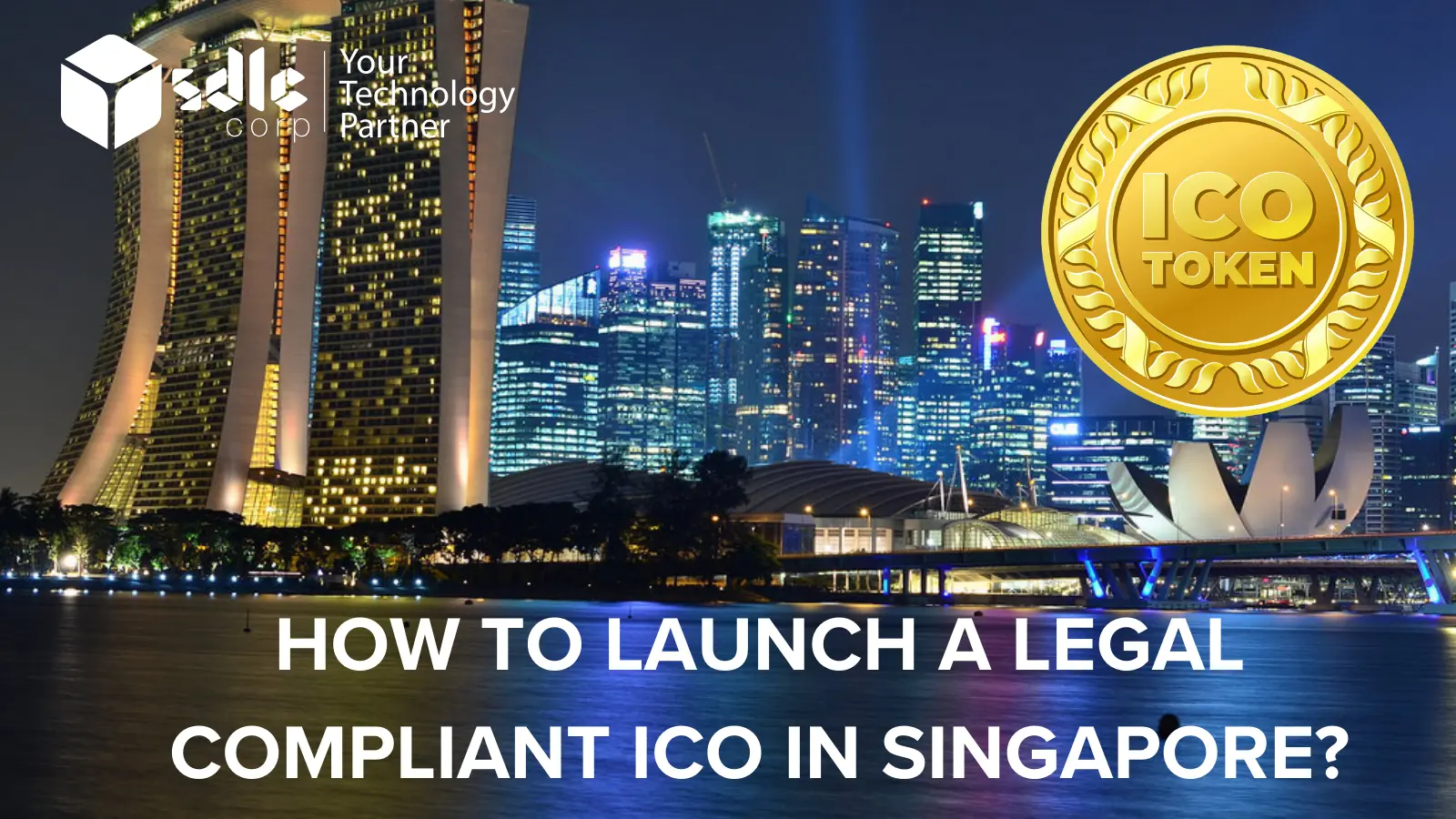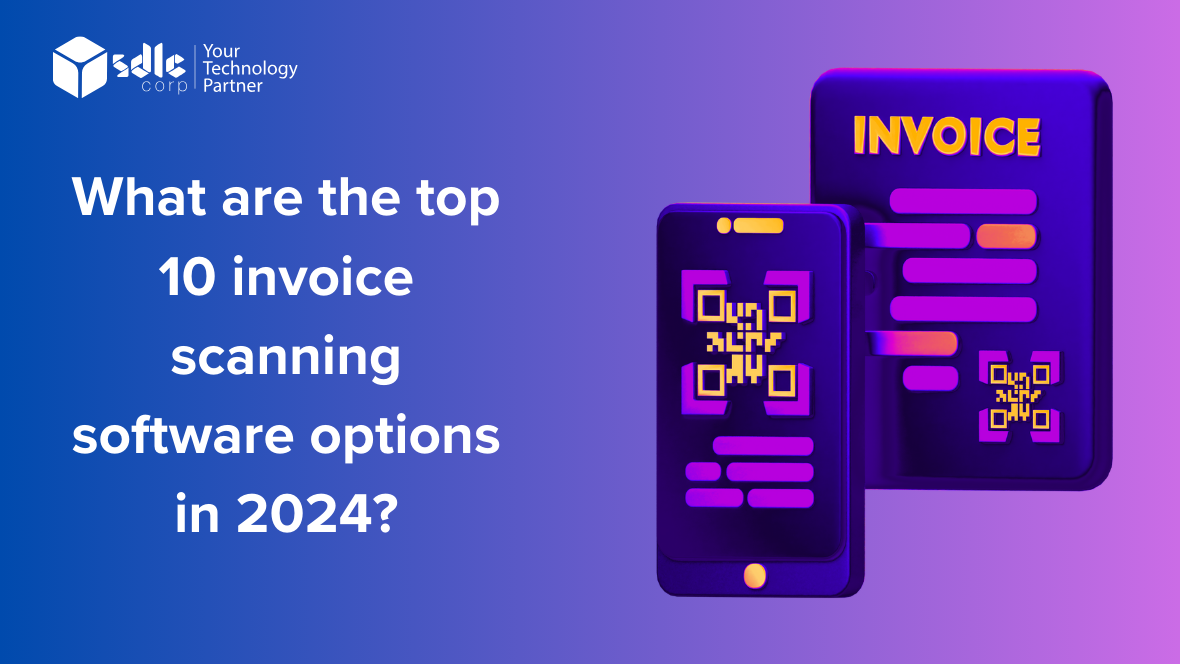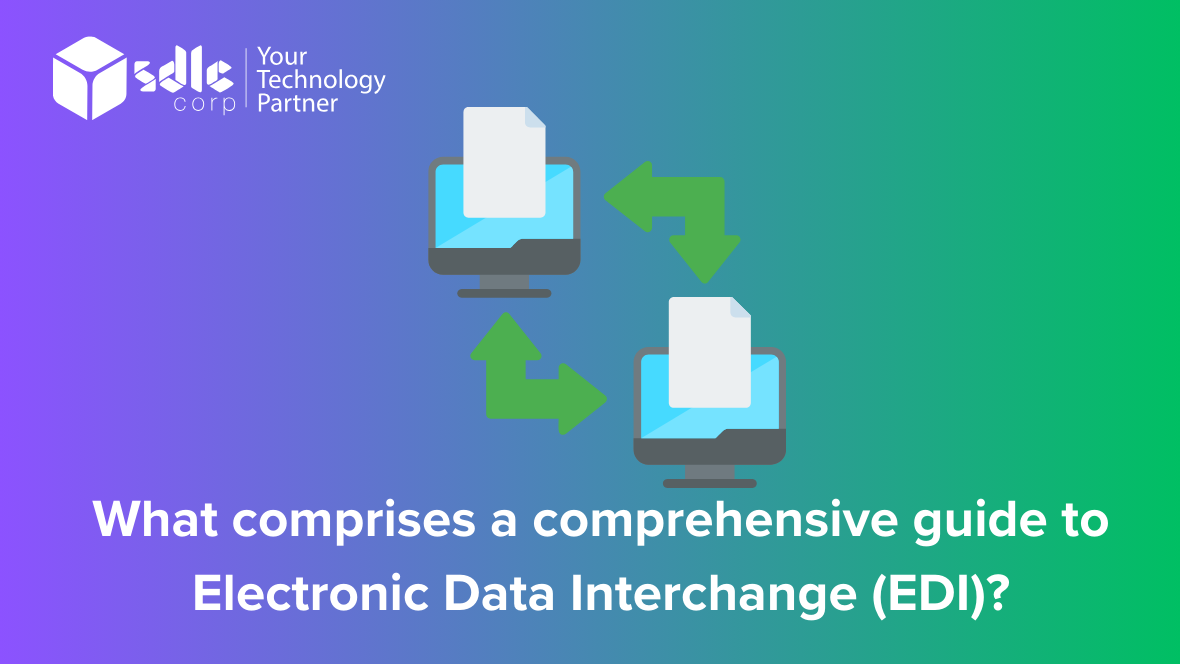The Comprehensive Guide to Launching a Legal Compliant ICO in Singapore
In the ever-evolving landscape of finance and technology, Initial Coin Offerings (ICOs) have emerged as a popular method for startups and enterprises to raise funds. Singapore, known for its robust regulatory framework and supportive stance towards innovation, has become a preferred destination for launching ICOs. However, navigating the legal requirements can be complex. In this comprehensive guide, we’ll delve into the steps and regulations necessary to launch a legally compliant ICO in Singapore.

How to write an ICO whitepaper? : An ICO whitepaper serves as the blueprint for a cryptocurrency project, providing essential details about its purpose, technology, and fundraising goals. It acts as a persuasive tool to attract investors by showcasing the project’s potential and viability in the ever-evolving digital landscape.
What does understanding ICOs entail?
Before delving into the legal intricacies, it’s essential to grasp the concept of ICOs. An ICO is a fundraising mechanism in which a company issues digital tokens or coins to investors in exchange for cryptocurrency, typically Bitcoin or Ethereum. These tokens often represent a stake in the company or project and can have various utilities within the ecosystem.
What is the legal framework for cryptocurrencies in Singapore?
Singapore’s regulatory environment provides clarity and certainty, making it an attractive jurisdiction for ICOs. The Monetary Authority of Singapore (MAS), the country’s central bank and financial regulatory authority, has issued guidelines to regulate ICOs under the Securities and Futures Act (SFA).
1.Token Classification:
The first step in launching a legal ICO in Singapore is to determine the classification of your tokens. MAS categorizes digital tokens into three main categories: securities tokens, utility tokens, and payment tokens. Each category is subject to different regulatory requirements.
2.Compliance with Securities Laws:
If your tokens are classified as securities tokens, they are subject to securities laws in Singapore. This means compliance with prospectus requirements unless exempted. To ensure compliance, issuers must prepare a prospectus that provides detailed information about the offering, including the company, its business model, financials, and risk factors.
3.Anti-Money Laundering (AML) and Know Your Customer (KYC) Procedures:
ICO issuers are required to implement robust AML and KYC procedures to prevent money laundering and terrorist financing activities. This includes verifying the identity of investors and conducting due diligence checks.
4.Regulatory Sandbox:
MAS has introduced a regulatory sandbox framework that allows fintech companies, including ICO issuers, to test their innovative products and services in a controlled environment. Participating in the regulatory sandbox can provide issuers with regulatory guidance and exemptions, facilitating compliance.
5.Tax Implications:
ICO issuers must also consider the tax implications of their token sale. In Singapore, profits derived from ICOs are subject to taxation, and issuers are required to comply with the Goods and Services Tax (GST) regulations.
Ready to launch your compliant ICO in Singapore? Let's start now!

How to do an ICO legally? : Launching an Initial Coin Offering (ICO) legally involves navigating a complex regulatory landscape. From drafting compliant whitepapers to adhering to securities laws, ensuring legal compliance is paramount for ICO success. This short guide outlines key steps and considerations to conduct an ICO legally, helping startups and entrepreneurs mitigate legal risks and build investor trust.
What are the steps required to legally launch an ICO in Singapore?

Now that we've covered the regulatory framework let's outline the steps to launch a legal ICO in Singapore:
Certainly, let’s delve deeper into each of the steps outlined and expand upon additional considerations for launching a legally compliant ICO in Singapore.
1. Conduct Thorough Legal Due Diligence:
Engaging legal counsel with expertise in Singapore’s regulatory framework is paramount. They will help you understand the legal requirements specific to your ICO and advise on structuring your token sale to minimize regulatory risks. Legal due diligence involves reviewing the legal and regulatory landscape, assessing the classification of your tokens, and identifying any exemptions or approvals required from regulatory authorities.
Additionally, consider conducting a jurisdictional analysis to ensure compliance with laws and regulations beyond Singapore’s borders. Many ICOs have global reach, and understanding the regulatory requirements in other jurisdictions where you may have investors or conduct business is essential.
2. Token Design and Whitepaper Preparation:
The whitepaper is a critical document that outlines the details of your project and token sale. It should provide comprehensive information about the problem you’re solving, your solution, the technology behind your project, tokenomics, use of proceeds, and legal disclaimers.
When designing your tokens, consider factors such as token supply, distribution mechanism, utility within the ecosystem, and any rights or privileges associated with ownership. Clearly define the rights and obligations of token holders to ensure transparency and mitigate legal risks.
Moreover, ensure that your whitepaper and marketing materials are written in clear and understandable language. Avoid making misleading or exaggerated claims about your project’s potential or guarantees of investment returns to comply with regulations against false or deceptive advertising.
3. Engage with Regulatory Authorities:
Building a positive relationship with regulatory authorities is essential for navigating the regulatory landscape effectively. Engage with MAS early in the process to seek regulatory clarity and guidance. MAS has been proactive in providing guidance to blockchain and fintech companies, and seeking their input can help streamline the regulatory approval process.
In addition to MAS, consider engaging with other relevant regulatory bodies, such as the Accounting and Corporate Regulatory Authority (ACRA) and the Inland Revenue Authority of Singapore (IRAS), to ensure compliance with corporate and tax regulations.
4. Implement AML/KYC Procedures:
Anti-Money Laundering (AML) and Know Your Customer (KYC) procedures are essential for preventing illicit activities and maintaining the integrity of your ICO. Develop robust AML/KYC procedures to verify the identity of investors and screen for suspicious activities.
Consider partnering with third-party service providers specializing in AML/KYC compliance to streamline the onboarding process and ensure compliance with regulatory requirements. Implement ongoing monitoring and reporting mechanisms to detect and report any suspicious transactions or activities.
Explore legal ICO launch in Singapore with us!

5. Smart Contract Development:
The smart contract is the backbone of your ICO, governing the issuance, distribution, and transfer of tokens. Work with experienced blockchain developers to develop a secure and audited smart contract that complies with regulatory requirements and incorporates necessary features such as vesting schedules, token locking mechanisms, and token-burning capabilities.
Ensure that your smart contract undergoes thorough security audits by reputable third-party auditors to identify and mitigate potential vulnerabilities or exploits. Implement adequate testing protocols to verify the functionality and security of your smart contract before deploying it on the blockchain.
6. Marketing and Investor Outreach:
Developing a comprehensive marketing strategy is crucial for attracting investors and raising awareness about your ICO. Leverage various marketing channels, including social media, email marketing, content marketing, and community engagement, to reach your target audience.
Ensure that all marketing materials comply with relevant laws and regulations, including regulations against false or misleading statements and regulations governing the promotion of financial products and services. Provide clear and accurate information about your project, token sale, and associated risks to investors.
Consider participating in industry conferences, meetups, and roadshows to showcase your project and engage with potential investors directly. Building trust and credibility within the blockchain community can help attract reputable investors and enhance the success of your ICO.
7. Launch and Post-Sale Compliance:
Once you’ve completed all necessary preparations, launch your ICO according to the predetermined timeline. Monitor the token sale closely and address any technical issues or investor inquiries promptly to maintain investor confidence.
Throughout the token sale process, continue to monitor and ensure compliance with regulatory requirements. Maintain accurate records of all transactions and communications related to your ICO to facilitate regulatory oversight and audits.
After the conclusion of the token sale, ensure compliance with post-sale obligations, such as reporting requirements and investor disclosures. Provide regular updates to investors about the progress of your project and any material developments that may impact their investment.
How to choose total supply of ICO coin? : Choosing the total supply of an ICO (Initial Coin Offering) coin is a critical decision that impacts its value, scarcity, and market dynamics. It involves balancing factors like market demand, token utility, and future scalability. A thorough analysis of the project’s goals, tokenomics, and target audience is essential to determine an optimal supply that aligns with the project’s objectives and market conditions. Generally, a transparent and well-justified approach in determining the total supply enhances investor trust and fosters long-term token stability.
"Maximize fundraising opportunities for your project with SDLC Corp’s ICO development company"

Conclusion:
Launching a legally compliant ICO in Singapore requires careful planning, diligent execution, and ongoing compliance with regulatory requirements. By engaging legal counsel, conducting thorough due diligence, and implementing robust compliance measures, issuers can navigate the complexities of ICO regulation and unlock the benefits of raising funds through token sales in Singapore.
As the regulatory landscape continues to evolve, staying informed about regulatory developments and adapting your compliance practices accordingly is essential. By prioritizing transparency, investor protection, and regulatory compliance, ICO issuers can build trust, attract reputable investors, and contribute to the growth and innovation of the blockchain ecosystem in Singapore and beyond.
FAQs
1: What is an ICO?
A: An Initial Coin Offering (ICO) is a fundraising mechanism used by startups and enterprises to raise capital by issuing digital tokens or coins to investors in exchange for cryptocurrency, typically Bitcoin or Ethereum.
2: Why choose Singapore for launching an ICO?
A: Singapore offers a conducive regulatory environment with clear guidelines from the Monetary Authority of Singapore (MAS). The country’s robust legal framework, political stability, and supportive stance towards innovation make it an attractive jurisdiction for ICOs.
3: What are the different types of tokens issued in an ICO?
A: Tokens issued in an ICO can be classified into securities tokens, utility tokens, and payment tokens. Each type of token is subject to different regulatory requirements under Singapore law.
4: Do I need to comply with securities laws in Singapore for my ICO?
A: If your tokens are classified as securities tokens, they are subject to securities laws in Singapore. This includes compliance with prospectus requirements unless exempted.
5: What is the regulatory sandbox framework, and how can it benefit ICO issuers?
A: The regulatory sandbox framework introduced by MAS allows fintech companies, including ICO issuers, to test their innovative products and services in a controlled environment. Participating in the regulatory sandbox can provide issuers with regulatory guidance and exemptions, facilitating compliance.
Contact Us
Let's Talk About Your Project
















